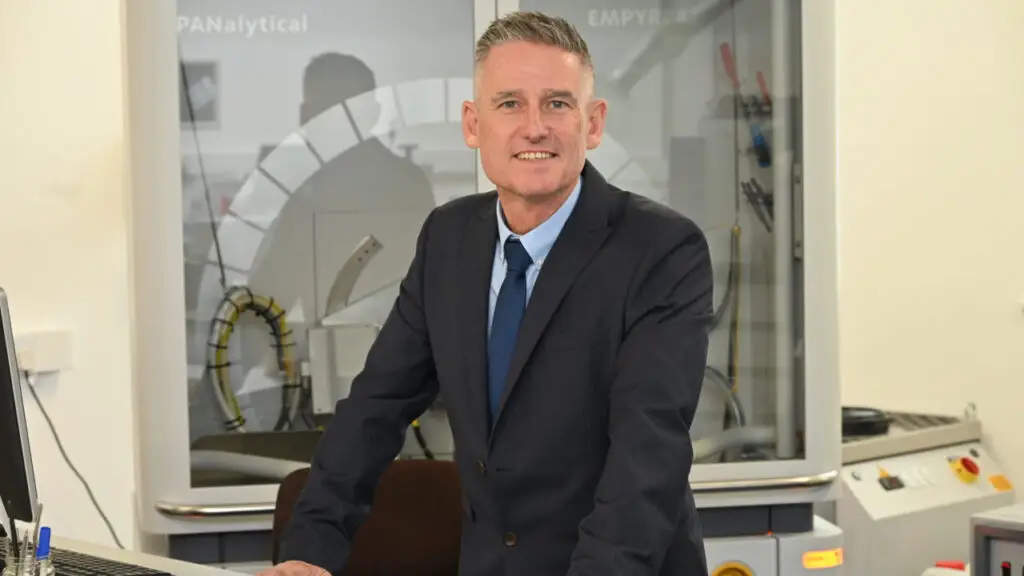The CEO of the Materials Processing Institute, Terry Walsh, has welcomed the Government’s confirmation of a £500 million grant to support the construction of an Electric Arc Furnace (EAF) at Port Talbot, South Wales.
This significant investment will enable the production of steel using electricity to melt scrap metal feedstock, a process that is markedly greener and more energy-efficient than traditional blast furnace methods, which rely on iron ore and coke and emit higher levels of greenhouse gases. The project, which will cost £1.25 billion in total, is expected to reduce the UK’s overall CO2 emissions by around 1.5%, contributing substantially to the nation’s decarbonisation goals.
The initiative follows an agreement made last September between Tata Steel and the previous Government to replace the two blast furnaces at Port Talbot with an EAF. Mr. Walsh expressed his support, stating: ‘I welcome the Government’s confirmation of the £500 million grant to support Tata Steel in constructing an EAF in Port Talbot. This is a significant step toward preserving the future of steelmaking in South Wales and is vital for the development of a sustainable, low-carbon steel industry in the UK.’
Walsh emphasised the broader implications of this investment, noting, ‘This investment signals a broader commitment to decarbonising steel production and reducing the country’s reliance on traditional blast furnace methods, as well as on imported steel. I’m also encouraged by Tata Steel’s expected plans to complement the EAF with further investment in wind turbines that will generate the renewable electricity required to produce truly green steel.’
He further highlighted that the project aligns with British Steel’s plans to establish two new EAFs in Scunthorpe and Teesside. According to Walsh, ‘The Materials Processing Institute is proud to have played a role in advancing this technology through our pilot EAF facility, which has led the development and testing of new production processes. We look forward to continuing our collaboration with industry partners to share our knowledge and expertise, supporting the transition to a more sustainable steel industry.’
This grant marks a pivotal moment for the UK steel industry, promising a substantial reduction in carbon emissions and paving the way for more sustainable steel production methods.


